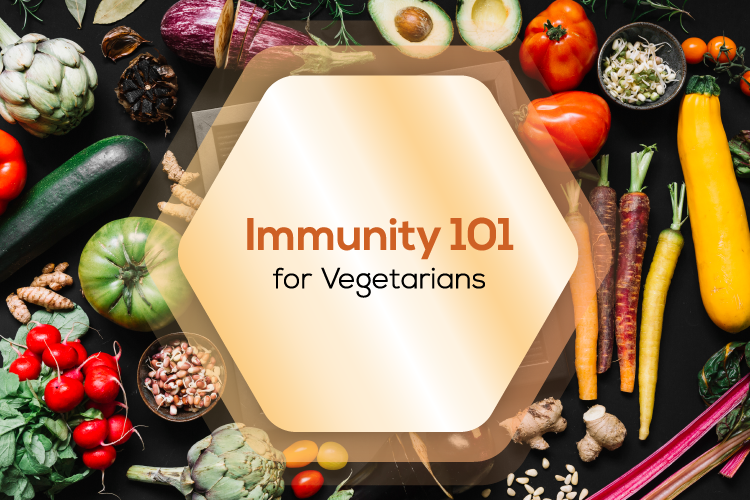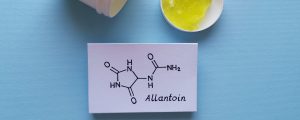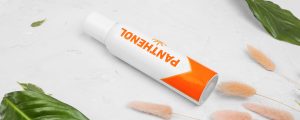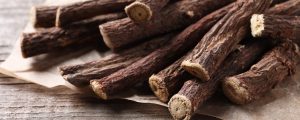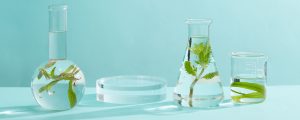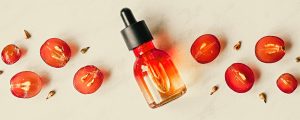A vegetarian diet
If your diet is free of meat, poultry, fowl flesh, eggs, dairy products, and seafood, you are on a vegetarian diet. A vegetarian diet does not have any animal proteins[1]. It is essential to understand that plant-based diets and vegetarian diets are not the same.
The different types of vegetarian diet are:
Vegan or total vegetarian
It excludes all animal products and is mainly based on plants and vegetables.
Lacto-Vegetarian
A vegan diet with consumption of dairy products is a lacto-vegetarian diet.
Ovo-Vegetarian
An ovo-vegetarian consumes a vegan diet along with the egg.
Lacto-Ovo-Vegetarian
Consumption of egg and dairy products, in addition to a standard vegan diet, is called a lacto-ovo-vegetarian diet.[2]
While people consume different types of vegetarian diets, they may not necessarily include all the essential nutrients. Hence, people may develop a weak immune system due to lack of those nutrients. Let us understand why vitamins and minerals are so important for building a strong immune system.
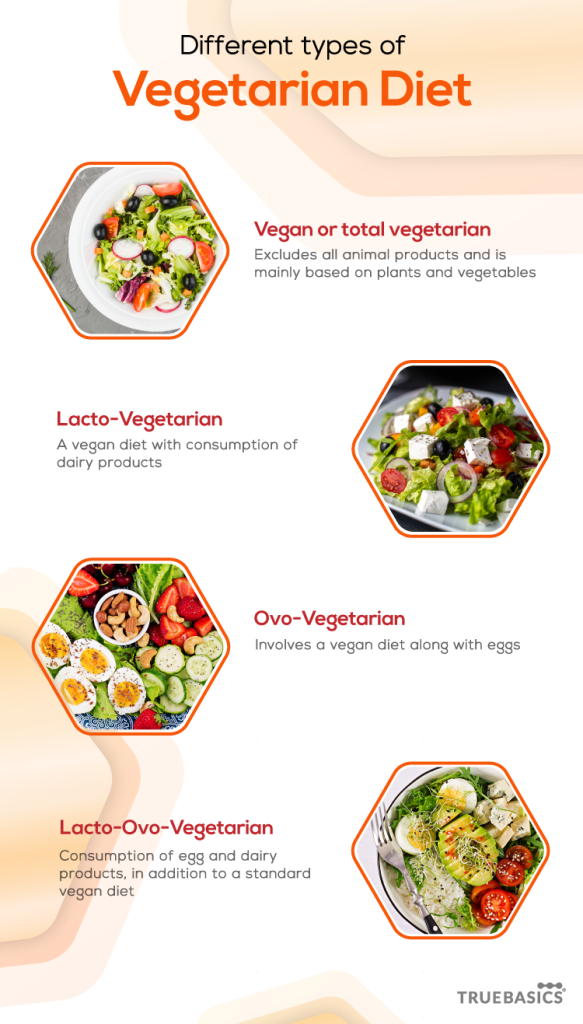
Importance of nutrition when it comes to immunity
Immunity plays a vital role in protecting your body from foreign particles. You need to understand that when your immune system has already been compromised, merely eating healthy won’t help repair the damage. However, if you are relatively healthy, eating well supplies nutrients that help in maintaining your immunity.
An immune system is complex, and its smooth functioning depends on several factors, with diet being one of them. A balanced diet is most likely going to make your body healthier and help fight diseases and infections.[3]
The food that you eat is the main source of several nutrients – Zinc, Selenium, Iron, Copper, Vitamins A, C, E and B(6), Vitamin B12, and Folic acid. All these nutrients influence your immune responses[4]. Vitamin C protects you against immune system deficiencies and produces antibodies.[5]
A study by Ohio State University found that Zinc prevents excess inflammation and, hence, helps in fighting infections and reduces the duration of a common cold[6]. It builds immune system cells called T-lymphocytes[7]. Iron is fundamental to the development of your immune system as it leads to the growth and maturity of lymphocytes in your body, particularly white blood cells that are the first to respond to an attack from intruders.[8]
What nutrients do vegetarians not get enough of?
Zinc
Our body doesn’t store Zinc, and hence you need to get a daily dose of it through your regular diet. Poultry and red meat are the major sources of zinc for your body, both of which vegetarians do not consume.
While Zinc is available in a number of vegan foods, your body does not absorb Zinc effectively from vegetarian sources than from animal sources. Zinc deficiency may lead to impaired immune response, hair loss, and poor growth.[9]
Omega 3 Fatty Acids
Omega 3 fatty acids are known to reduce the risk of heart diseases, lower blood pressure, and are useful for healthy skin.
According to the American Heart Association, your body derives Omega-3 from your diet and can’t make fatty acids on its own. It is particularly found in fishes like Salmon, Mackerel, and Tuna.[10]
It also helps in optimal brain development in the first 2 years of life, and hence breastfeeding women should ensure their body contains enough Omega-3[11]. Since vegetarians do not consume fish, which is a major source of Omega-3 fatty acid, it is likely that they do not get enough of the nutrient in their diet.
Vitamin B12
Vitamin B12 is naturally found in animal products and plays an important role in brain functioning and the production of red blood cells[12]. If you are a vegan, chances are you are at risk of Vitamin B12 deficiency as per The Academy of Nutrition and Dietetics. This deficiency can lead to blindness, muscle weakness, anemia, numbness, and tingling.
Vegetarian diets are considered unsafe for pregnant women, as lack of vitamin B12 has shown to impair neurological development in infants.[13]
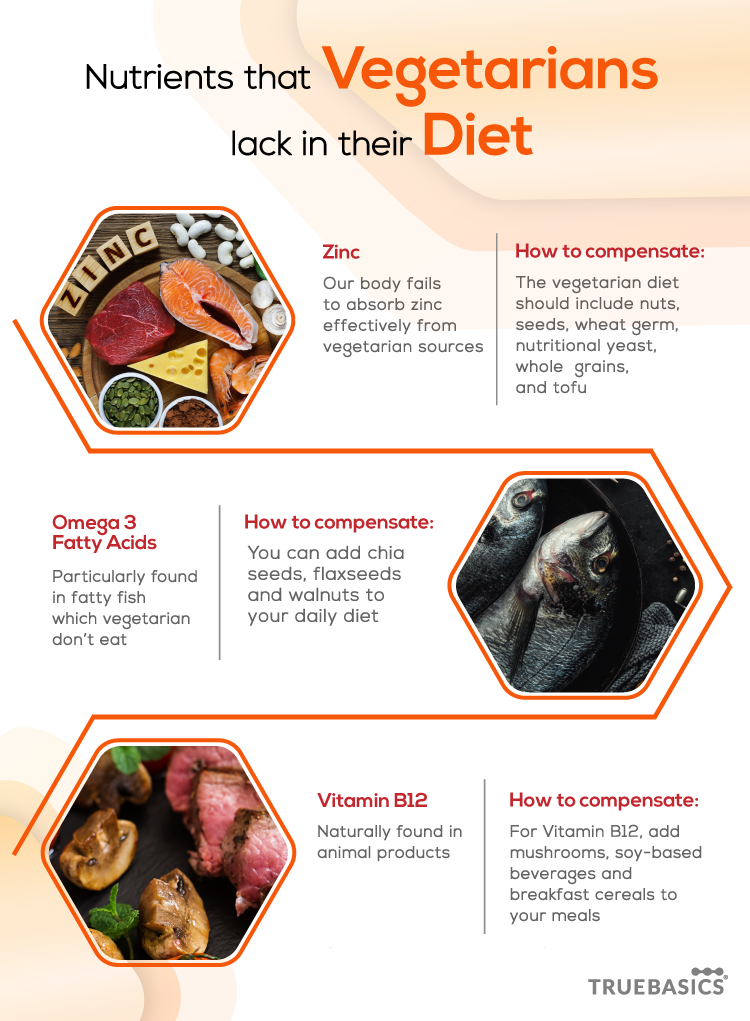
Vitamin D
Vitamin D is critical in building your bones as it absorbs and retains Calcium and Phosphorus. Sunlight is the best source of Vitamin D, however, you can also get it from certain foods.
Fish liver oils and fatty fish are rich in Vitamin D. Egg yolk, cheese, and beef liver also contain small amounts of Vitamin D. As a vegetarian, you may lack Vitamin D as these foods do not form part of your diet[14]. Vitamin D deficiency can lead to bone demineralization in a breastfeeding woman.
Iron
Sufficient Iron intake is required for good immunity[15]. Iron is of two types – Heme Iron, derived from hemoglobin and Non-heme Iron, derived from plant sources. Heme Iron is mainly found in red meat, fish, and poultry. Non-Heme Iron is found in lentils, beans, and spinach. Your body is less efficient in absorbing Iron from Non-Heme sources and absorbs most of the Iron from Heme Sources[16]. But since vegetarians don’t consume Heme Iron sources, the amount of Iron that they consume is pretty less.
A deficiency in Iron can lead to weaker immune systems, as the body’s first line of defense fails to defend against pathogens due to insufficient Iron.
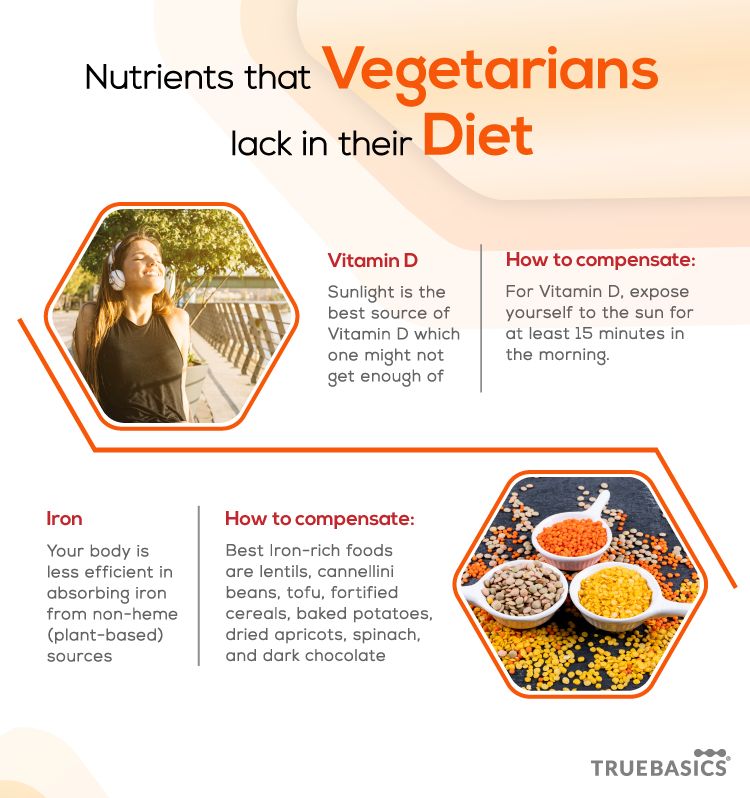
How can nutritional deficiency be compensated?
- Though research is still underway, Vitamin B12 is said to be found in mushrooms, particularly in the outer peel. You can include mushrooms in your diet in abundance, along with taking B12 supplements. Soy-based beverages and breakfast cereals also help in supplying Vitamin B12 to your body.[17]
- You can make up for the lack of Omega-3 fatty acids by including flax seeds and nuts, especially walnuts rich in Omega-3 fatty acids[18]. Chia seeds are also an excellent source of Omega-3. You can add chia seeds in salads, smoothies or mix them with milk and yogurt.[19]
- A well-planned vegetarian diet will also supply Zinc in adequate quantities to your bodies. Nuts, beans, oats, seeds, wheat germ, nutritional yeast, whole grains, tofu, and legumes are good sources of Zinc.[20]
- For Vitamin D, expose yourself to the sun for at least 15 minutes in the morning. A chemical reaction that occurs in your skin develops Vitamin D. Additionally; there are supplements that can be taken.[21]
- Some of the best Iron-rich foods for immune system includes lentils, cannellini beans, tofu, fortified cereals, baked potatoes, dried apricots, spinach, and dark chocolate. To make up for your body’s less efficient absorption of non-heme iron, eating more and more plant-based iron-rich foods is important. Having these foods, in combination with Vitamin C, may increase the amount of Iron your body absorbs.[22]
Conclusion
Vegetarian diets are healthier in certain aspects. However, if they are not properly planned, it may lead to a deficiency of a number of nutrients in your body, which adversely affect your immunity. Make sure you are including all the necessary sources of nutrients in your diet, without any exception. But don’t forget to consult your doctor or dietician in case you are already going through any health complications, before changing your diet.
Sources :
[1] Vegetarian diet- https://medlineplus.gov/ency/article/002465.htm
[2] Get the facts about vegetarian diets- https://www.webmd.com/food-recipes/features/get-the-facts-about-vegetarian-diets#:~:text=The%20most%20common%20types%20of,addition%20to%20the%20vegan%20diet.
[3] Nutrition and immunity- https://www.webmd.com/diet/features/the-benefits-of-vitamin-c#
[4] Nutrition and the immunity system from birth to old age- https://pubmed.ncbi.nlm.nih.gov/12142969/
[5] The benefits of Vitamin C- https://www.webmd.com/diet/features/the-benefits-of-vitamin-c#
[6] https://www.sciencedaily.com/releases/2013/02/130207131344.htm
[7] https://www.medicalnewstoday.com/articles/325916#benefits
[8] Role of iron in immunity and its relation with infections- https://pubmed.ncbi.nlm.nih.gov/10971835/#:~:text=Its%20deficiency%20affects%20the%20capacity,a%20specific%20response%20to%20infection.
[9] https://www.medicalnewstoday.com/articles/325916#vegans-and-vegetarians
[10] Omega 3 Fish Oil Supplements for heart disease – https://www.webmd.com/hypertension-high-blood-pressure/guide/omega-3-fish-oil-supplements-for-high-blood-pressure
[11] https://www.webmd.com/food-recipes/guide/vegetarian-and-vegan-diet
[12] Everything you need to know about vitamin B-12- https://www.medicalnewstoday.com/articles/219822
[13] Vegetarian and vegan diets explained- https://www.webmd.com/food-recipes/guide/vegetarian-and-vegan-diet#1
[14] https://www.hsph.harvard.edu/nutritionsource/vitamin-d/
[15] https://www.webmd.com/vitamins-and-supplements/features/iron-supplements
[16]https://www.webmd.com/diet/iron-rich-foods#:~:text=It%20is%20found%20in%20animal,iron%20is%20from%20plant%20sources.
[17] Vegetarian and vegan diets explained- https://www.webmd.com/food-recipes/guide/vegetarian-and-vegan-diet#1
[18] https://www.webmd.com/diet/omega-3s-in-fish-oil-and-supplements-whats-your-best-strategy
[19] https://www.medicalnewstoday.com/articles/323144#vegetarian-and-vegan-sources-of-omega-3
[20]https://pubmed.ncbi.nlm.nih.gov/25369924/#:~:text=Good%20sources%20of%20zinc%20for,%2C%20sprouting%2C%20fermenting%20and%20leavening.
[21] https://www.hsph.harvard.edu/nutritionsource/vitamin-d/
[22] https://www.medicalnewstoday.com/articles/323902#how-much-iron-do-you-need

